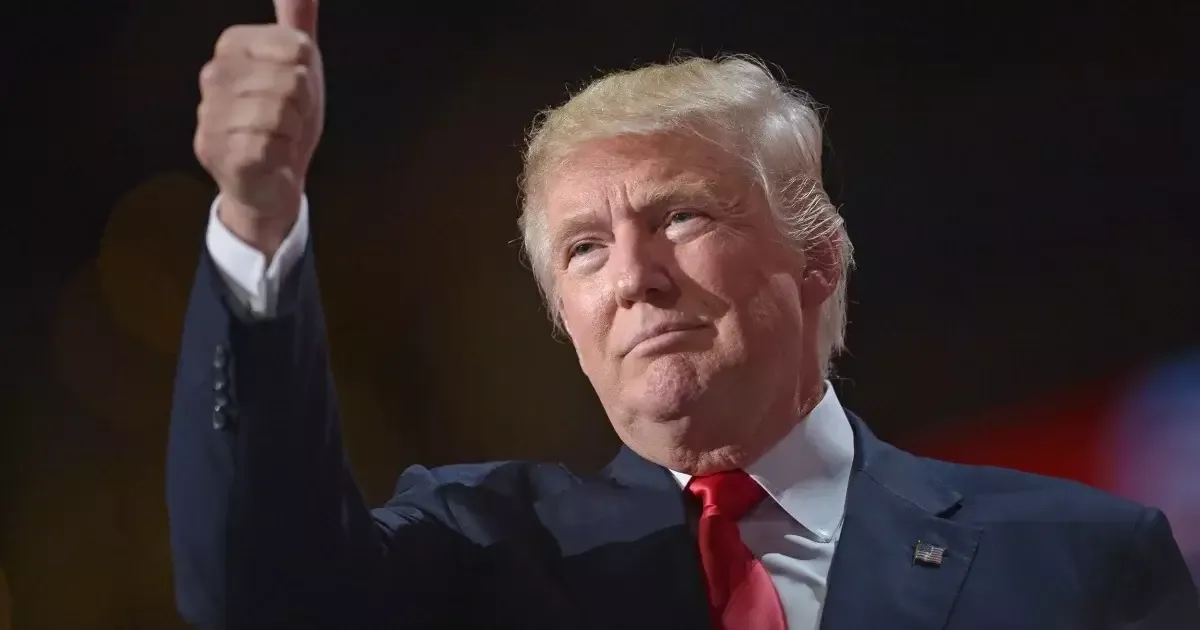
BBC correspondent Frank Gardner emphasizes that Zelensky's response to Vladimir Putin's nighttime offer was characterized by caution and diplomacy.
The Ukrainian leader could have been expected to harshly criticize his Moscow counterpart for not agreeing to the 30-day ceasefire demanded by Kyiv and its Western allies.
However, instead, Zelensky referred to this in a post on X social media as a "good sign that the Russians are finally thinking about ending the war."
According to the correspondent, it is difficult to say whether this is indeed true, as the issue here is not so much about the essence of the events taking place, but rather about external influences.
Both Putin and Zelensky do not want to appear as obstacles to peace in front of Donald Trump, Gardner believes.
Now the main question is related to what Trump will do. And here there are two main options, the correspondent emphasizes.
Trump may think that Putin is finding various excuses not to agree to peace, and is trying to manipulate him.
Or Trump may offer the Russian leader a diplomatic "green light," taking into account his historically warm relations with Putin, and in return, he may start to exert pressure on Ukraine. Such pressure could be aimed at forcing Kyiv to participate in negotiations in Istanbul and to listen to Moscow's demands regardless of whether they ceasefire on Monday or not, concludes Frank Gardner.
Similar news
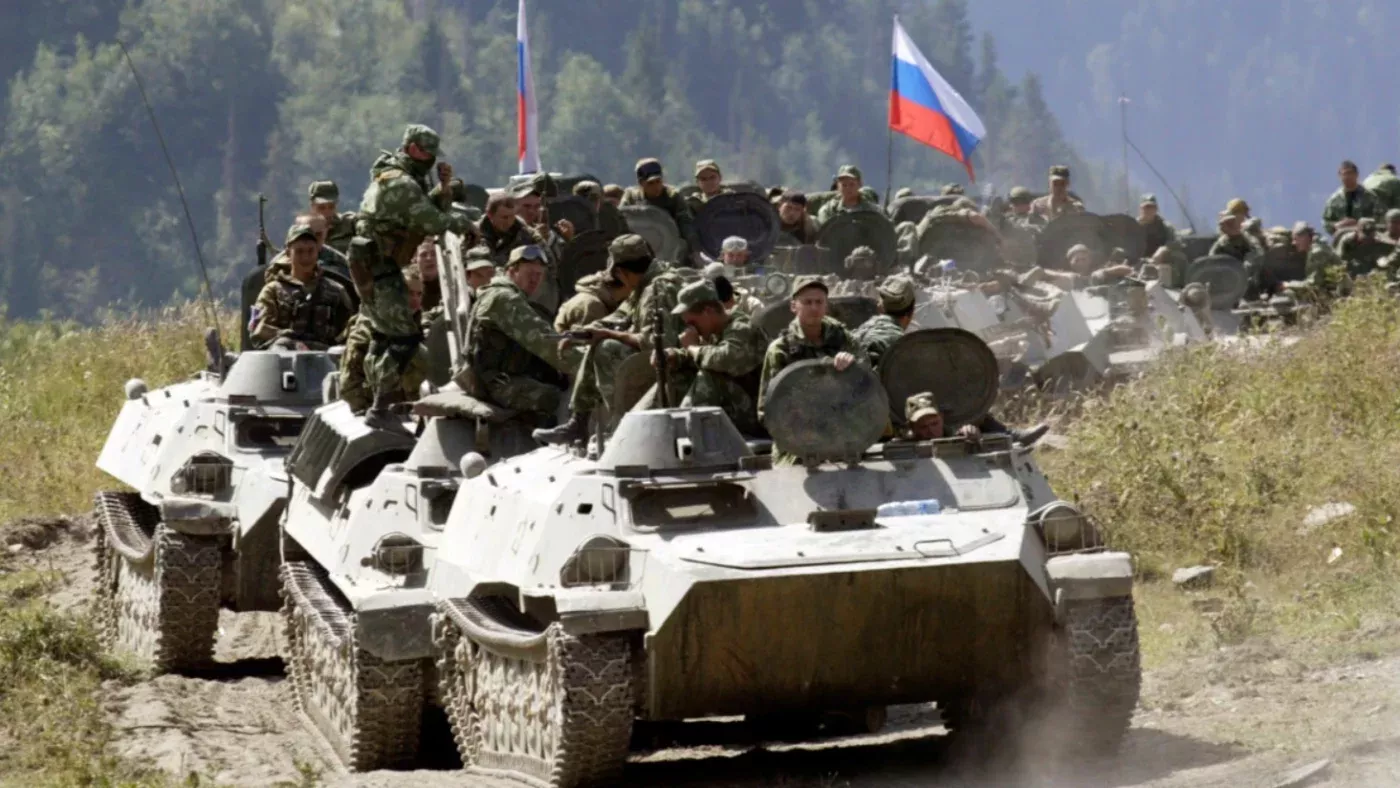
Rossiya Ukraina janubini nega bu qadar tez ishg‘ol qilgandi?
2022 yil 24 fevral kuni ertalab soat 4 larda Rossiya armiyasi Ukraina hududiga hujum boshlagandi. Yurish bir vaqtning o‘zida bir necha yo‘nalishda: janub, sharq va shimoldan olib boriladi. Biroq,
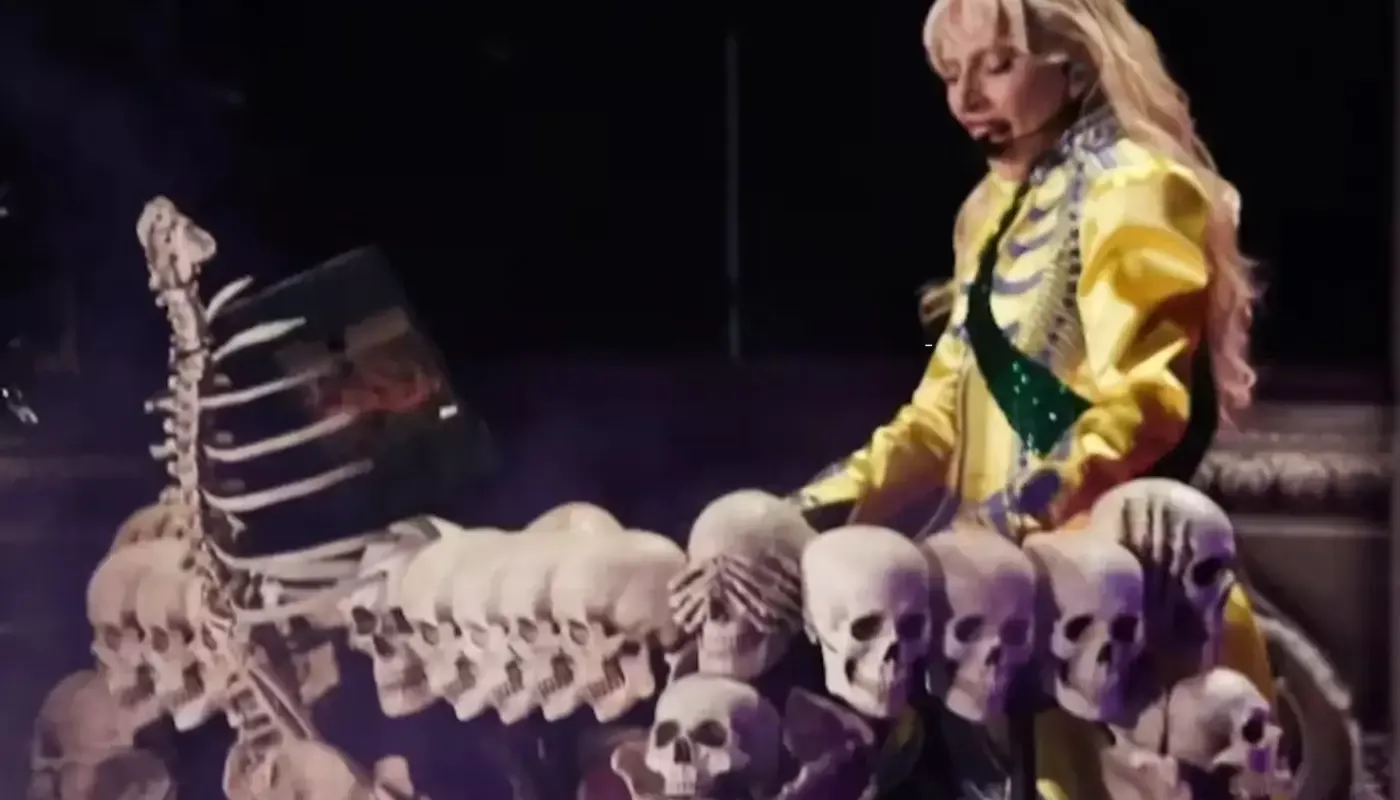
Ledi Gaga Braziliyada tarixiy konsert o‘tkazdi: 2 milliondan ziyod muxlis yig‘ildi
3 may kuni mashhur amerikalik pop yulduzi Ledi Gaga o‘zining faoliyatidagi eng katta va eng shov-shuvli konsertlaridan birini Braziliyaning eng mashhur sohili – Rio-de-Janeyrodagi Kopakabanada
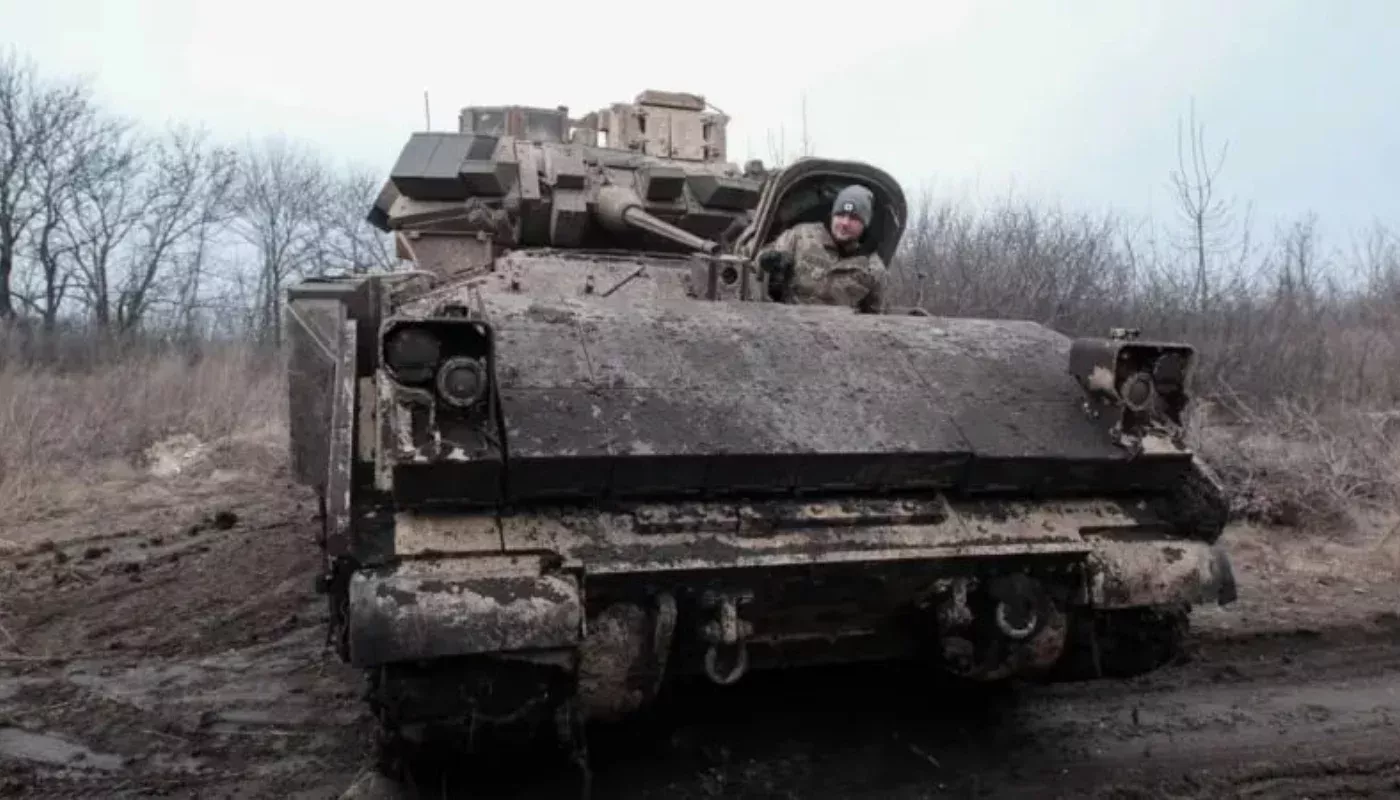
Ukraina Amerika qurollarisiz omon qoladimi?
Foto: Getty Images AQSHning keng ko‘lamli urushning uch yili davomida Ukrainaga ko‘rsatib kelingan harbiy yordami to‘xtatilishi mumkin. Har holda, Amerika prezidenti Donald Tramp bu variantni
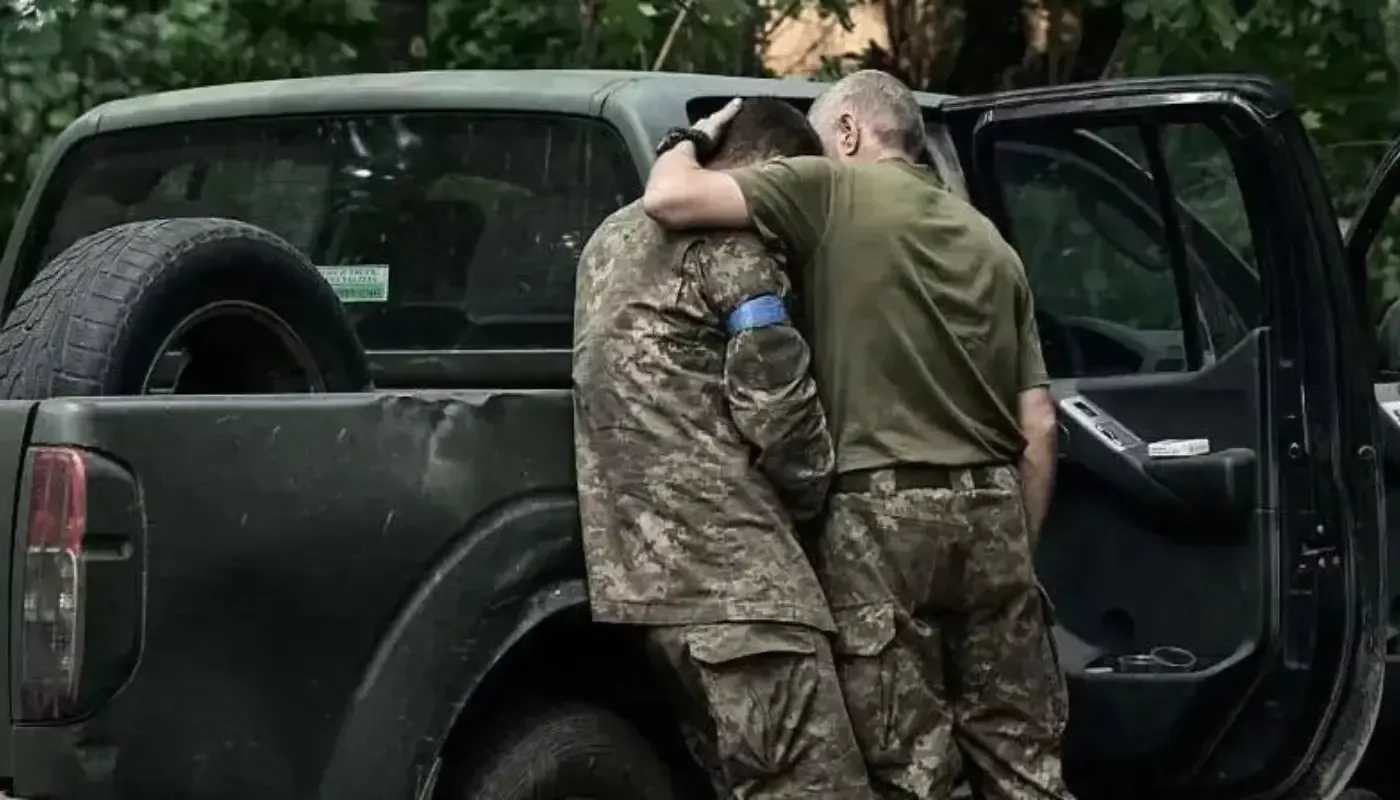
Ukraina harbiylari Kursk oblastidan chekinish qanday kechgani haqida aytib berishdi
BBC Ukraina armiyasining Kursk yo‘nalishidagi amaliyotida ishtirok etgan besh nafar ukrainalik harbiy bilan suhbatlashgan. Harbiylar jurnalistlar bilan ijtimoiy tarmoq va messenjerlar orqali
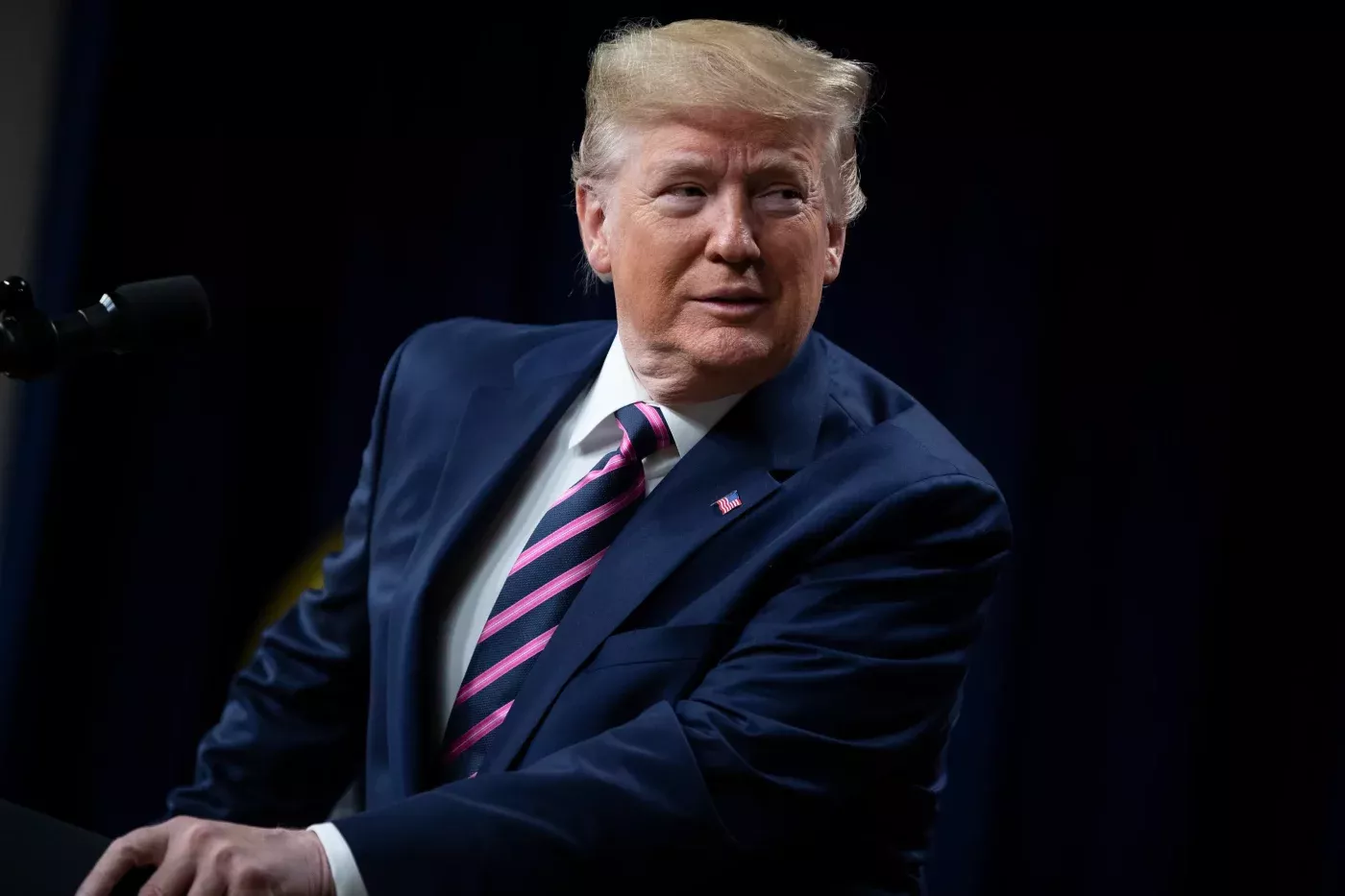
Tramp: AQSH rasmiylari Moskvaga jo‘nab ketdi
AQSH prezidenti Donald Tramp rasmiy Vashington Rossiya bilan Ukrainadagi 30 kunlik o‘t ochishni to‘xtatish masalasini muhokama qilish uchun Moskvaga o‘z vakillarini yuborganini ma’lum qildi. Bu

